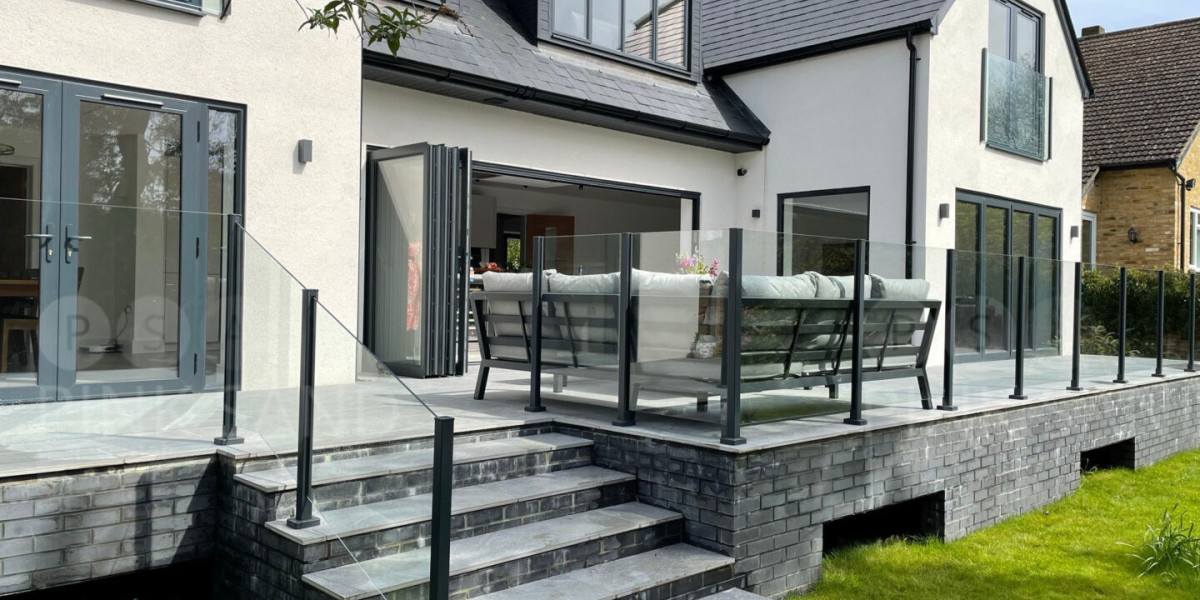In the quest for energy efficiency and comfort in our homes, double glazing has emerged as a significant advancement in window technology. This article delves into what double glazing is, its benefits, and why it is an essential feature for modern homes.
What is Double Glazing?
Double glazing refers to the construction of windows that consist of two panes of glass separated by a space filled with air or gas, typically argon. This design creates an insulating barrier that reduces heat transfer between the interior of the home and the outside environment. The two panes of glass are sealed together, which not only enhances insulation but also helps in reducing noise pollution.
The Benefits of Double Glazing
- Energy Efficiency: One of the most significant advantages of double glazing is its ability to improve energy efficiency in homes. The insulating layer created by the two panes of glass helps to keep heat inside during winter and outside during summer. As a result, homeowners can enjoy a more stable indoor temperature, reducing the need for heating and cooling systems, which ultimately leads to lower energy bills.
- Noise Reduction: Double glazing is also effective in minimizing noise from the outside. The air or gas-filled space between the two panes acts as a sound barrier, making it an excellent choice for homes located in noisy areas, such as near busy roads or airports. This benefit contributes to a more peaceful living environment.
- Enhanced Security: Double-glazed windows provide an additional layer of security compared to single-pane windows. The thicker glass and the sealed unit make it more challenging for intruders to break through, offering homeowners peace of mind regarding their safety.
- Reduced Condensation: Condensation can be a common problem in homes, leading to dampness and mold growth. Double glazing helps to reduce condensation on windows by maintaining a warmer surface temperature on the interior pane. This is particularly beneficial in areas with high humidity levels.
- Increased Property Value: Installing double glazing can enhance the overall value of a property. Prospective buyers often view double-glazed windows as a modern and desirable feature, which can make a home more attractive in the real estate market.
- Environmental Impact: By improving energy efficiency, double glazing contributes to a reduction in carbon emissions. Homes that utilize less energy for heating and cooling are more environmentally friendly, aligning with global efforts to combat climate change.
Types of Double Glazing
There are several types of double glazing available, each with its specific features and benefits:
- Standard Double Glazing: This is the most common type, consisting of two panes of glass with a spacer bar in between, typically filled with air or argon gas.
- Low-E Double Glazing: Low-emissivity (Low-E) glass is coated with a thin layer that reflects heat back into the room while allowing light to pass through. This type of glazing maximizes energy efficiency and helps to keep homes warmer in winter and cooler in summer.
- Acoustic Double Glazing: Designed specifically for noise reduction, acoustic double glazing uses thicker glass or additional soundproofing materials to minimize sound transmission.
- Triple Glazing: While double glazing consists of two panes, triple glazing includes three panes of glass. This option offers even greater insulation and is ideal for extremely cold climates or for those seeking maximum energy efficiency.
Installation Considerations
When considering double glazing for your home, it is essential to choose a reputable installer. Proper installation is crucial to ensure that the windows function effectively and provide the intended benefits. Homeowners should also consider the following factors:

- Frame Material: Double glazing can be installed in various frame materials, including uPVC, wood, and aluminum. Each material has its advantages and aesthetic appeal, so it is essential to choose one that complements your home.
- Energy Ratings: Look for windows with energy ratings, which indicate their efficiency. The British Fenestration Rating Council (BFRC) provides ratings that can help homeowners make informed decisions.
- Regulations and Standards: Ensure that your installer adheres to local building regulations and standards. This is particularly important for safety and energy efficiency.
- Cost: While double glazing may require a higher initial investment compared to single-pane windows, the long-term savings on energy bills and the added value to your home make it a worthwhile expense.
Maintenance of Double Glazing
Double-glazed windows are generally low-maintenance, but some care is required to ensure they remain in good condition. Regular cleaning of the glass and frames is essential to maintain clarity and appearance. Additionally, homeowners should check for any signs of condensation between the panes, which may indicate a seal failure that requires professional attention.
Conclusion
Double glazing is an essential feature for modern homes, offering numerous benefits, including energy efficiency, noise reduction, enhanced security, and increased property value. As homeowners increasingly prioritize sustainable living and comfort, investing in double glazing is a wise choice that pays off in the long run. By understanding the types of double glazing available and ensuring proper installation and maintenance, homeowners can enjoy the full advantages of this innovative window technology for years to come.





